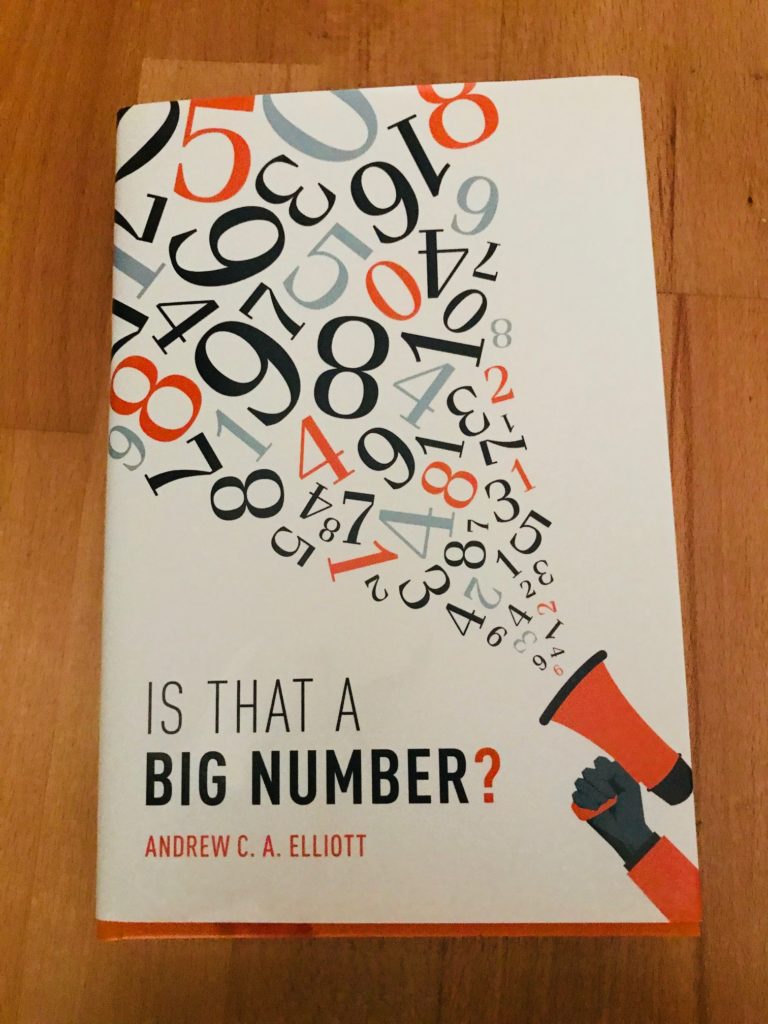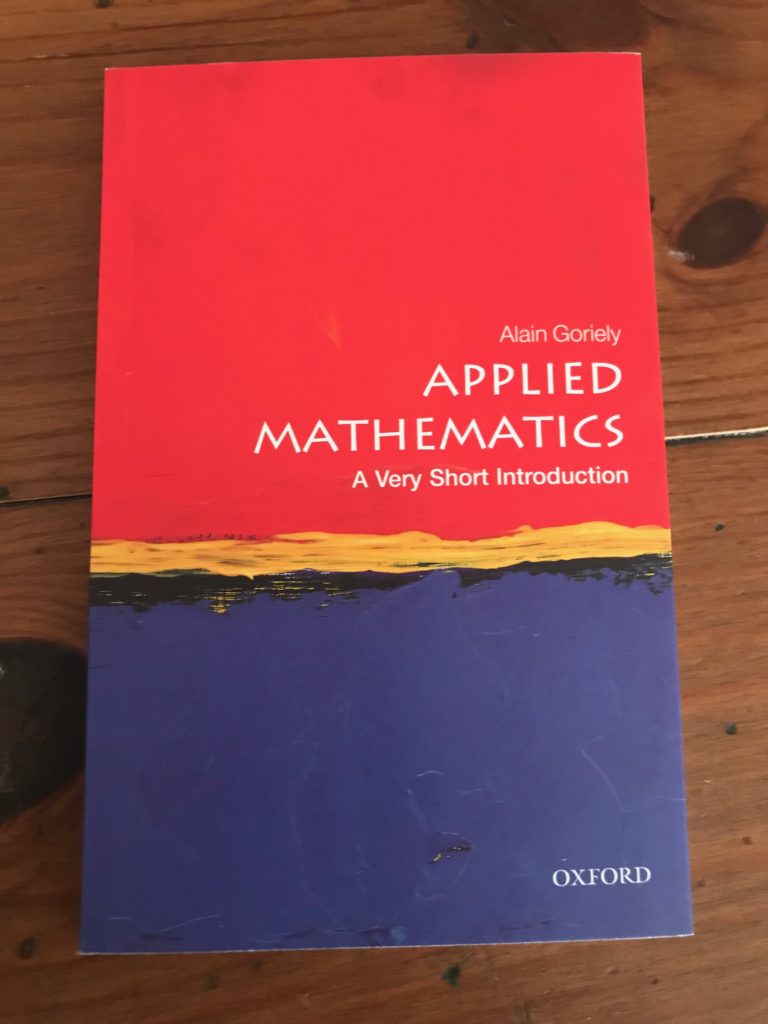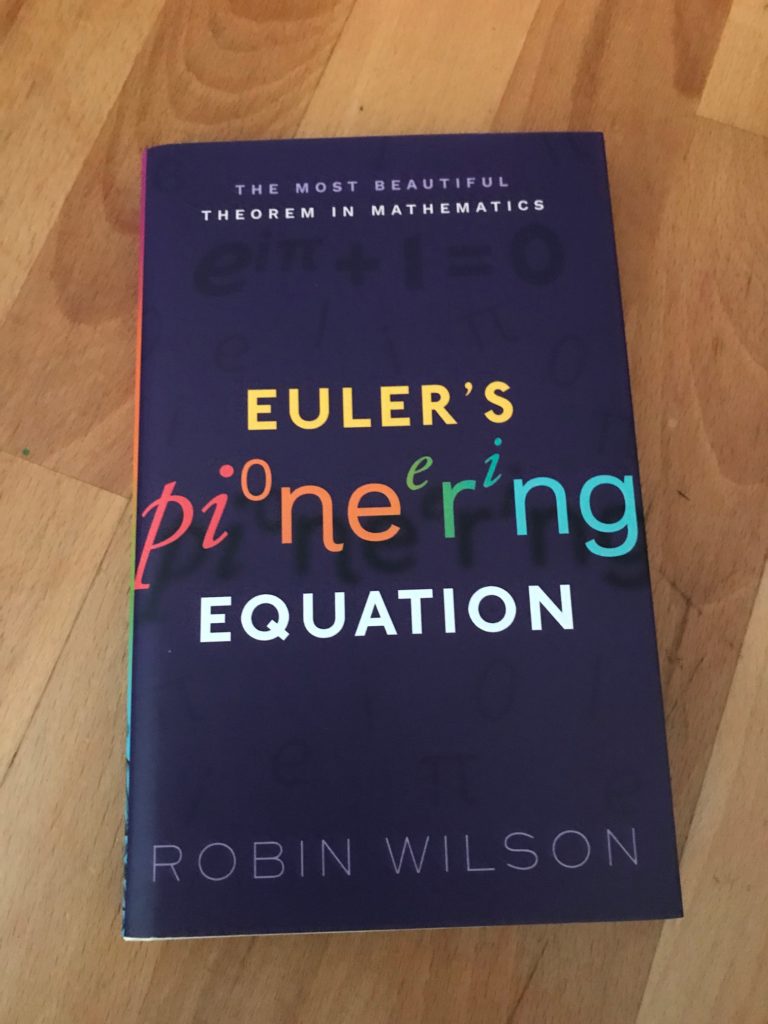 We interviewed The Wealthy Women: A Man Is Not a Financial Plan author Mary Waring. She had some great advice to give and has also written a great book that every women should read. In the meantime, pick up some tips in our interview with her.
We interviewed The Wealthy Women: A Man Is Not a Financial Plan author Mary Waring. She had some great advice to give and has also written a great book that every women should read. In the meantime, pick up some tips in our interview with her.
What made you write the book?
I’ve come across so many very bright women who have an issue with maths and finance. My theory is that the way it is taught in schools is much more suited to a typical male brain rather than a female brain. (I obviously don’t have a typical female brain!)
So many bright women have a mental block about maths and dealing with their finances. I decided therefore I’m would write a very down to earth, no jargon guide to looking after your finances and improving your wealth.
Are women worse than men when it comes to finance?
As above, I think women tend to put it very far down the list of priorities. They look after the house, their partner, the children etc but very far down the list is looking after themselves. In addition only about 10% of advisers are female. The typical adviser is male, middle aged, grey hair, grey suit. There’s absolutely nothing wrong with that but many women are looking for someone different and may be struggling to find a female adviser.
Do too many women still rely financially on men?
I think a lot do. The female often looks after the house and the children and all the general housekeeping issues. The male often looks after the finances. In any relationship it’s sensible for one person to look after the finances, and in my experience that is often the male. The woman does not play an active role in the finances and if worst thing happens and they get divorced the female is totally at a loss as to how to look after herself financially. A number of women also assume their husband’s pension will cover both of them in retirement. But this may not be the case.
What are women’s financial strengths and weaknesses?
Strengths- very good at following a set procedure once it’s explained to them. They’re not as competitive as men as a rule so do not need to “beat the market” with their investment return. They’re looking for a steady investment growth. They’re happy to take advice and happy to admit if there’s something they don’t understand.
Weaknesses- lack of confidence regarding finances and tendency to stick their head in the sand rather than deal with it.
What can women do to help themselves financially?
If their partner deals with the finances make sure they sit down on a regular basis and discuss the finances: how much money comes in each month, how much gets spent and what on. Discuss what savings, investments and pensions exist.
If they deal with the finances themselves, then start to look at what they are spending against what income is coming in. They must start to plan for the future and consider what income they will need/want in retirement.
What pitfalls should they look about for?
If something goes wrong (e.g. a large unexpected bill) don’t give up and think the plan isn’t working. Keep at it.
What is the best way to save?
The best way to save is to have a regular amount come out of your account each month by standing order or direct debit. Have that money come out of your account before you start spending. Frequently people wait until the end of the month and decide to save what’s left in their account. But all too often there’s nothing left. If the saving happens before spending it often won’t be noticed that there is less to spend.
Best way to get out of debt?
The best way to get out of debt is to do a strict budget so that you can pay off as much as possible of the debt as quickly as possible. Interest on debt increases at a huge amount so make an effort to get the debt paid down by always paying more than the minimum.
Best way to get wealthy?
The best way to get wealthy is to make that your priority and then each day take some small steps towards achieving that. Too often this looks like too big a challenge but it’s the small steps on a regular basis that can really help your wealth. Choosing to eat out at a much cheaper spot than you would normally use will not make any difference to your wealth if you do it just once. But if you do this on a regular basis so you can save more, then over time it will make a difference.
Top financial tip?
For a period of 3 months keep a very detailed record of what you are spending, including everything that you pay for in cash. Carry a notebook around in your handbag so you can note it down straight away. Look at this in detail and ask yourself “How can I reduce this cost?”. You’d be surprised how much we all overspend without being aware of it. Until you know what you’re spending your money on you are not in a position to do anything about it.
Thank you Mary.
The Wealthy Woman is available from Amazon and is reviewed here.
is available from Amazon and is reviewed here.




